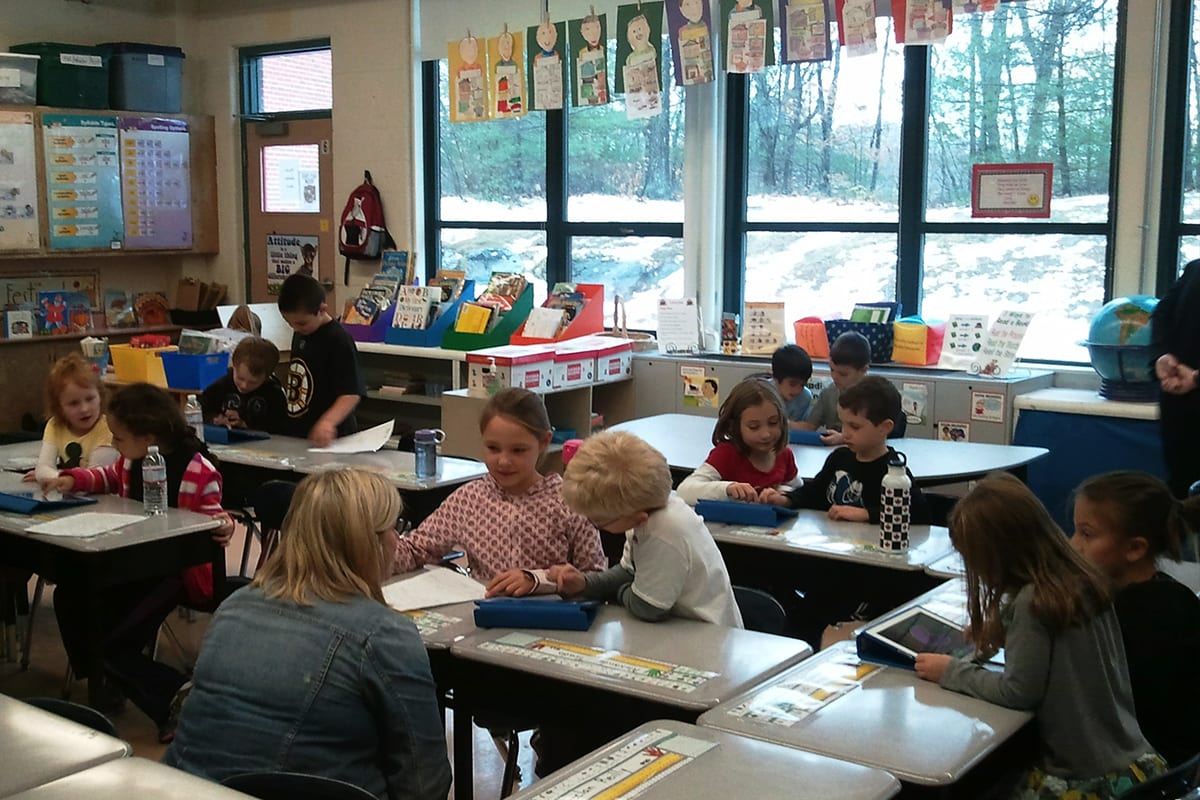Investments in Education Pay Health Dividends
By Melissa Yeo, April 8, 2015

Health care accounts for a vast proportion of the nation’s budget. As Medicaid and Medicare approach their 50th anniversary, such programs comprise over a fifth of all federal outlays. Amid these spiraling costs, policymakers are often pressured to limit spending on other areas, including education. But education and health are intrinsically linked – meaning investments in education are investments in health and can potentially lower spending.
Today, the VCU Center for Society and Health released a new set of policy briefs explaining the health-related returns on investments in education. Supported by the Robert Wood Johnson Foundation, the briefs explain the economic opportunities at stake from a federal, state and business perspective. They show that:
- From a business angle, education is a win-win for employers and employees. Employer contributions to health insurance premiums are on the rise, and educated workers are typically more capable, more creative, and more productive.
- Health care dollars go disproportionately to the care of people with limited education, who tend to be sicker and require more intensive care. For example, diabetes costs Medicare and Medicaid nearly $110 billion annually and is three times more prevalent among people with less than a high school education.
- Education can improve health and help control the costs of health care. Every additional year of education is associated with a host of improved health outcomes. According to one study, if the health status of less-educated Americans were the same as that of their college-educated peers, the related improvements in health would save more than a trillion dollars annually.
Learn more by reading the policy briefs, the final set in a series produced by the Center’s Education and Health Initiative (EHI) that explore the ties between education and better health outcomes. Read the previous briefs: The Growing Importance of Education, Exploring the Causes and Health Care: Necessary, But Not Sufficient.
